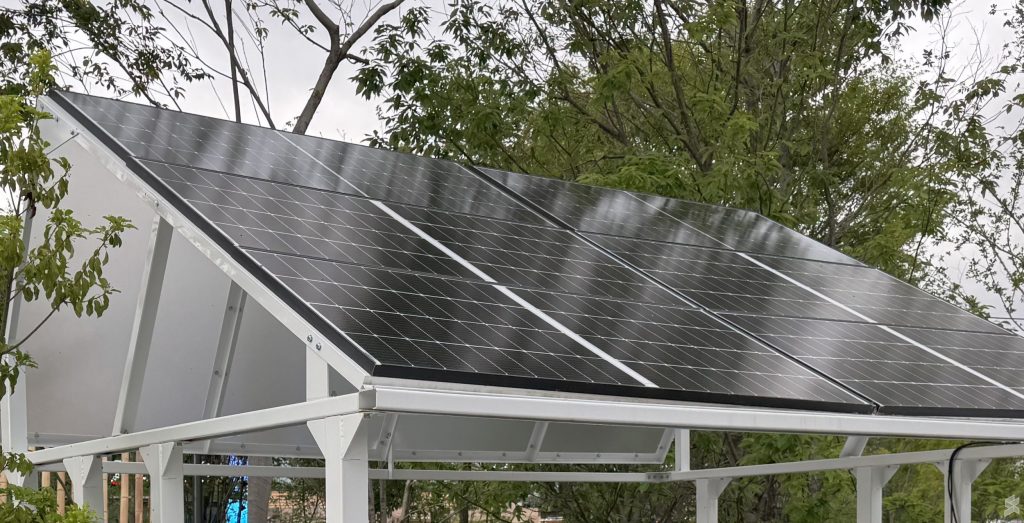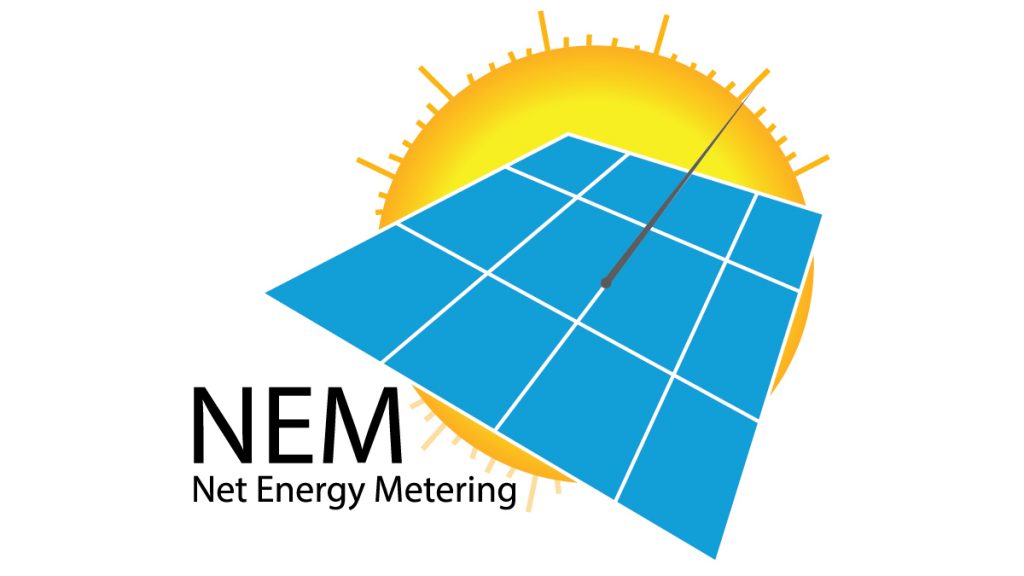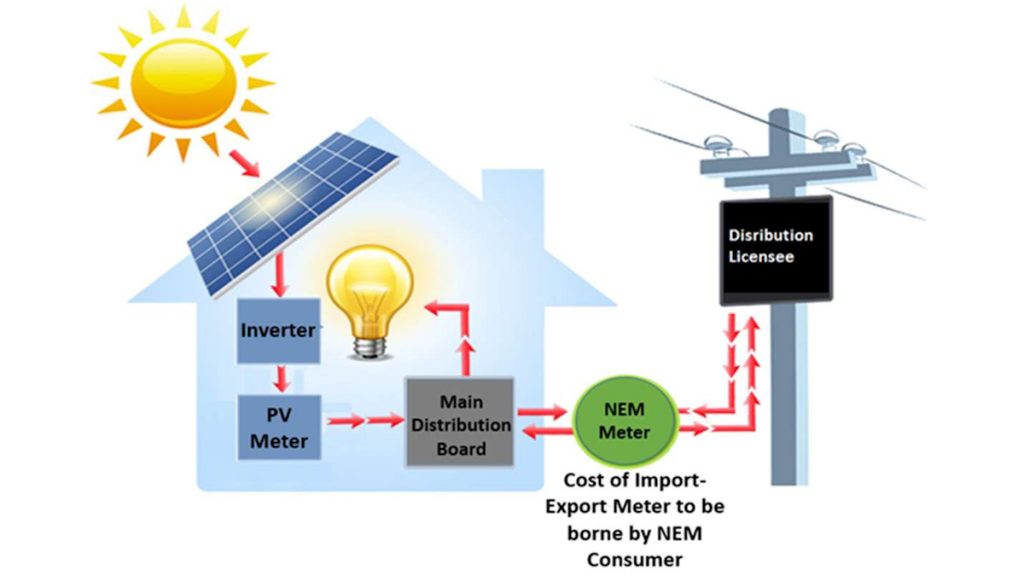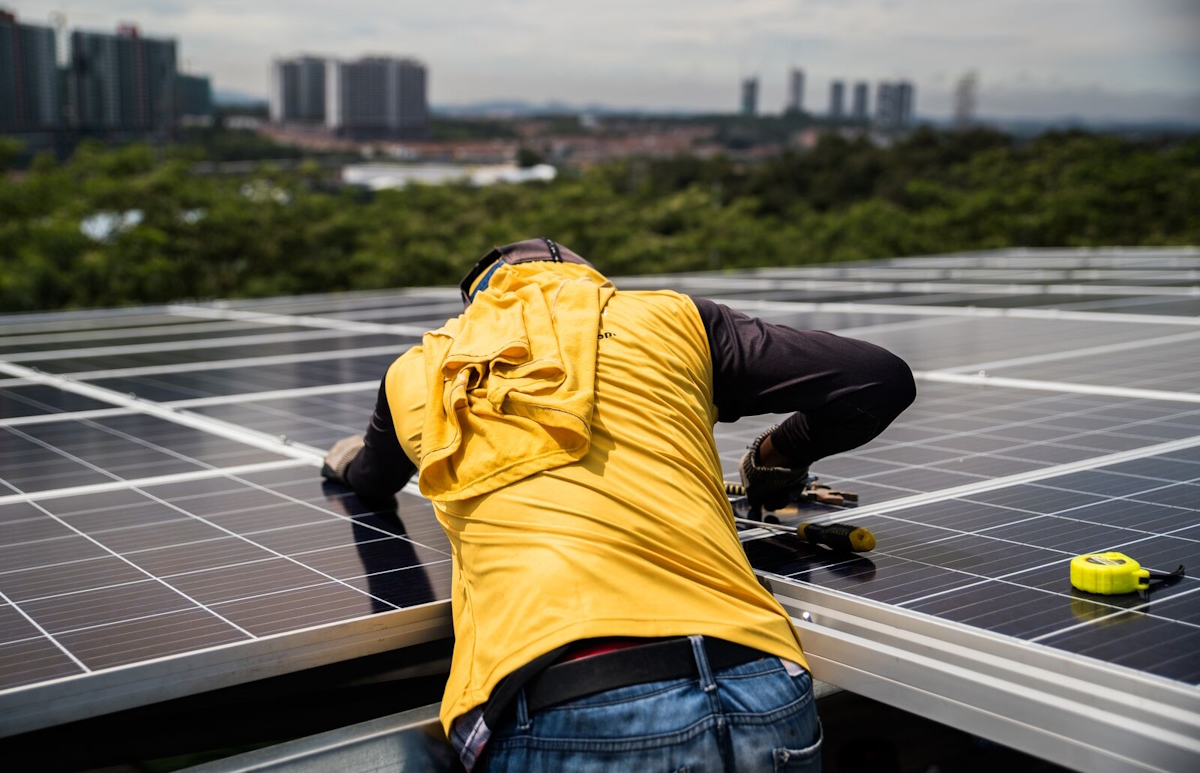The government will introduce a new solar programme for consumers to replace the Net Energy Metering (NEM) initiative, which concluded earlier this year. This was revealed by the Ministry of Energy Transition and Water Transformation (PETRA) in a brief statement published on its social media accounts earlier today.
Say hello to Solar ATAP

The new policy that will replace NEM is called Solar Accelerated Transition Action Programme, or in short, Solar ATAP. Yes, it was not lost on us that ATAP is a direct translation of ‘roof’ in Bahasa Malaysia.
However, details regarding Solar ATAP will only be revealed when registration opens to the public on 1 December 2025. The guidelines for Solar ATAP will be made available through the official websites of the Energy Commission (ST) and the Sustainable Energy Development Authority (SEDA) Malaysia on the said day.
That being said, PETRA has hinted that the new programme will retain the fundamentals of NEM and NEM Net Offset Virtual Aggregation (NOVA). This include the usage of energy offset and marginal price system.
What happened when NEM ended earlier this year?

The NEM initiative was the underlying policy that determined how consumers were able to enjoy significant savings on their electricity bill when they installed a solar system at their home. Under this policy, excess energy generated by the solar system is used to offset one’s electricity bill on a one-to-one basis.
When NEM ended at the end of June, which was right at the time when the new electricity tariff structure was implemented, PETRA said that the existing arrangement remained the same for solar owners as per their NEM contract. The same also applies to those who are attached to the Malaysian Building Integrated Photovoltaic (MBIPV) programme.

For existing users whose offset period has ended, they will be given the option to switch to any ongoing rooftop solar programmes, such as the Solar for Self-consumption Programme (SelCo) or the Community Renewable Energy Aggregation Mechanism (CREAM) programme. Alternatively, they can install energy storage systems or participate in any future solar programmes from the government if they are eligible.
[ SOURCE ]






